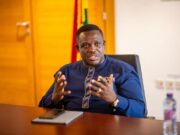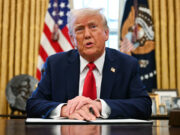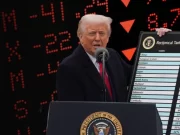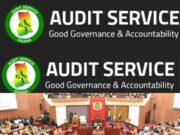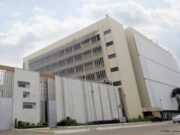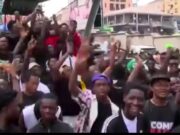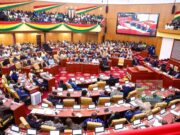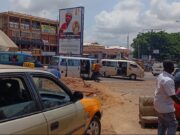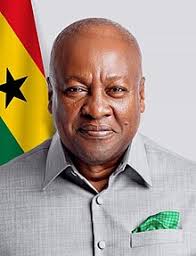President John Mahama has presented his economic vision aimed at curbing corruption and restoring confidence in Ghana’s economy. Speaking at the National Economic Dialogue, the President emphasized that this event was to begin the process of engaging in honest, solution-driven discussions about the challenges and opportunities in Ghana.
According to Mahama, Ghana’s economy has suffered from excessive government expenditures, resulting in record-high inflation, unemployment, and a loss of investor confidence.
Curbing Corruption and Strengthening Governance
Mahama outlined his administration’s commitment to fighting corruption, particularly in government procurement processes. He cited an alarming case of financial mismanagement in poultry procurement, where a single-source contract resulted in a supplier selling items to the government at an inflated price.
To prevent such incidents, Mahama proposed strict procurement regulations, ensuring that single-source contracts become an exception rather than the norm. He also called for value-for-money audits for government projects exceeding a certain financial threshold.
Fiscal Discipline and Strengthening Ghana’s Economy
Mahama stressed the need for stringent fiscal responsibility, ensuring that every government expenditure delivers real value to the Ghanaian people. “We must enforce responsible public financial management, and ensure fiscal discipline at all levels of government while working to reduce hardships for our people,” he asserted.
A key aspect of his economic reform strategy involves restoring the independence of the Bank of Ghana. Under his leadership, Mahama vowed to ensure that the central bank implements prudent monetary policies to curb inflation, stabilize the currency, and rebuild foreign reserves.
He reaffirmed his government’s commitment to the prevention of reckless borrowing and excessive government spending.
Building a Sustainable and Inclusive Economy
Beyond governance reforms, Mahama emphasized the need to transition Ghana’s economy from a raw-material-dependent economy to a value-added, industrialized one. Agriculture, he noted, remains a vital sector requiring modernization. He advocated for mechanization, improved irrigation, and technological innovations to enhance productivity and ensure food security.
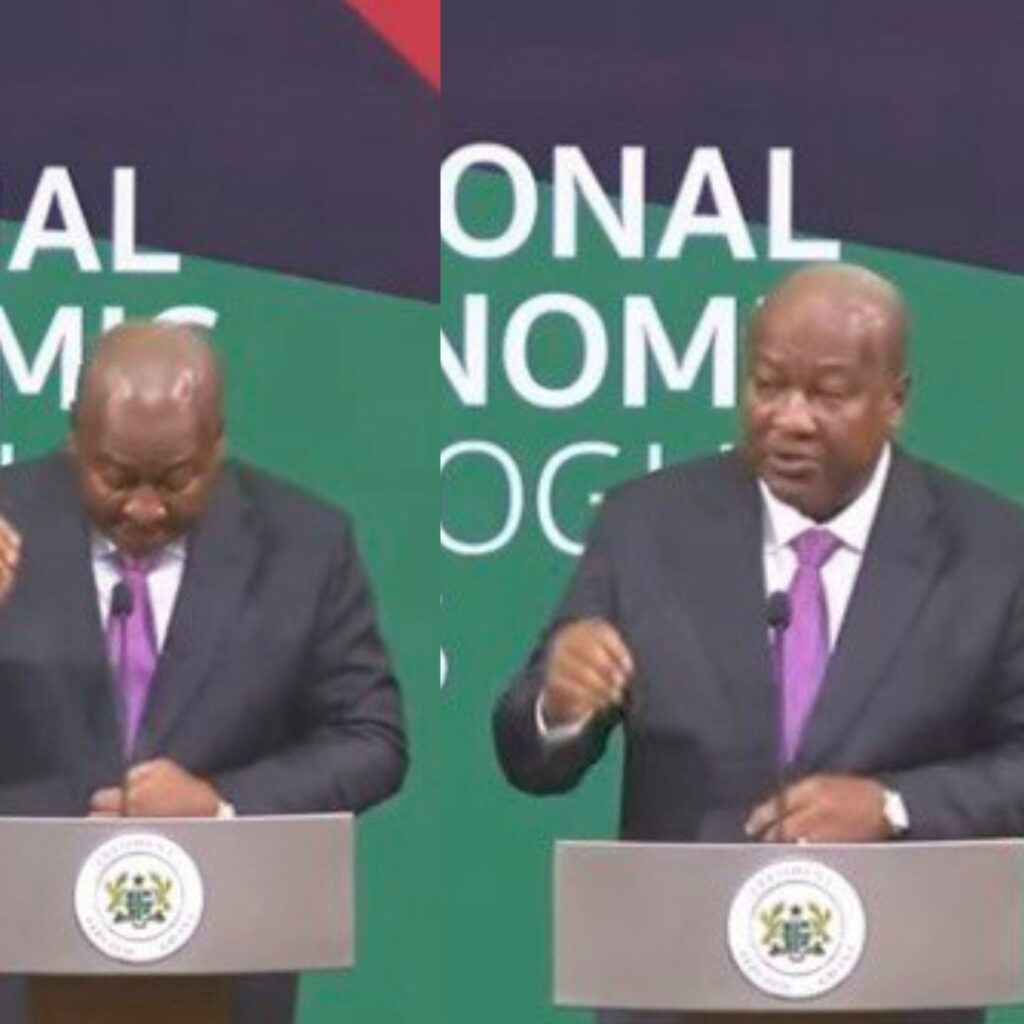
The Path Forward
Mahama concluded by emphasizing that governance reforms must be underpinned by transparency and accountability. “Short-term convenience, which has informed economic decision-making in the past, must give way to medium- and long-term strategic planning,” he stated.
Calling for consensus-building and collective action, he reaffirmed his commitment to leading an administration that values consultation and inclusion.
With a renewed focus on governance, fiscal responsibility, and economic transformation, Mahama signaled the beginning of a new era for Ghana. “Let us rise to the occasion, take decisive and necessary action, and ensure that we leave behind a legacy of economic resilience, stability, and prosperity for future generations,” he concluded.
About the National Economic Dialogue
The Economic Dialogue serves as a critical platform for addressing Ghana’s economic challenges and exploring sustainable solutions for growth. Bringing together a distinguished panel of economists, financial experts, policy analysts, and industry leaders, the forum aims to foster insightful discussions on key economic issues.
The dialogue features notable speakers such as economic analyst Leslie Dwight Mensah, economist Prof. Ebo Turkson, banking executive Abena Osei-Poku, legal expert David Ofosu-Dorte, energy consultant Dr. Elikplim Kwabla Apetorgbor, and policy analyst Franklin Cudjoe. Moderated by seasoned professionals, including former Bank of Ghana Governor Dr. Paul Acquah, Dr. Edward K. Brown, Mr. Joe Mensah, Mr. Felix Addo, Prof. K. K. Sarpong, and Dr. Emmanuel Akwetey of IDEG, the discussions are designed to yield practical and consensus-driven recommendations.
Amid ongoing economic headwinds, the government sees this dialogue as a vital step toward boosting business confidence, improving infrastructure, and enhancing livelihoods. The forum aims to establish clear commitments and milestones to reset the economy and drive transformative change. Its outcomes are expected to serve as a roadmap for policy implementation, guiding economic strategies that promote resilience and long-term growth. As discussions unfold, Ghanaians look forward to concrete policy recommendations that will shape the nation’s economic future.
Read also: Economic Dialogue: Mahama’s Plans for Resetting Ghana’s Economy



